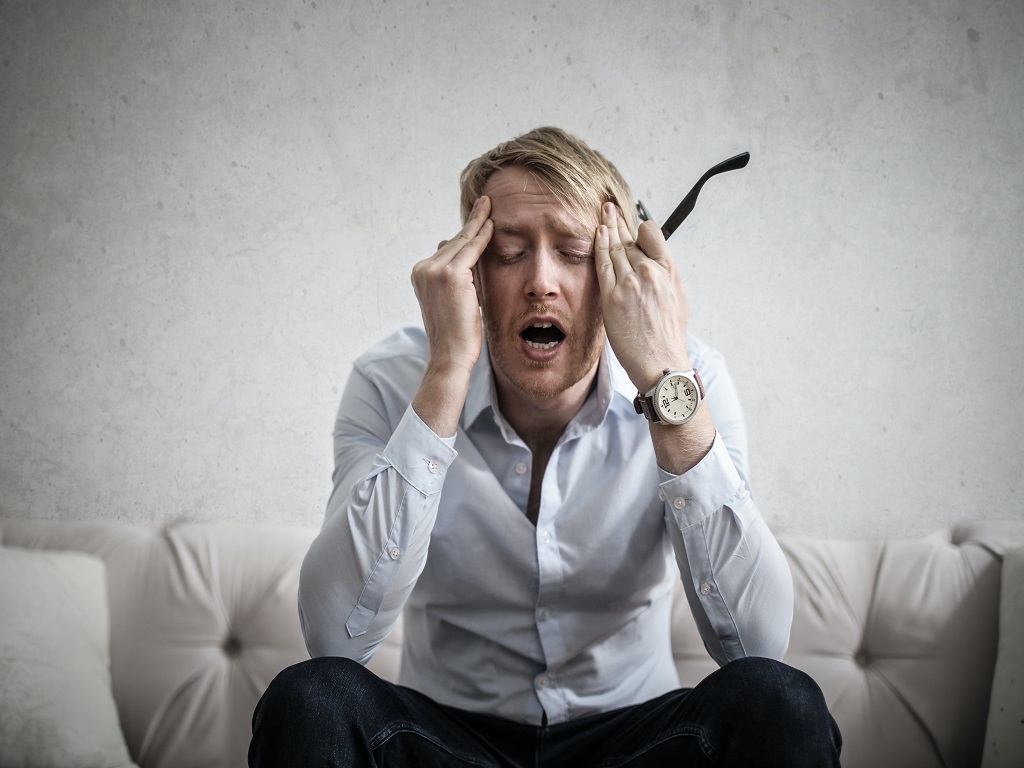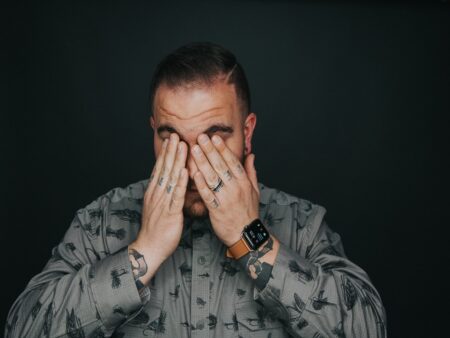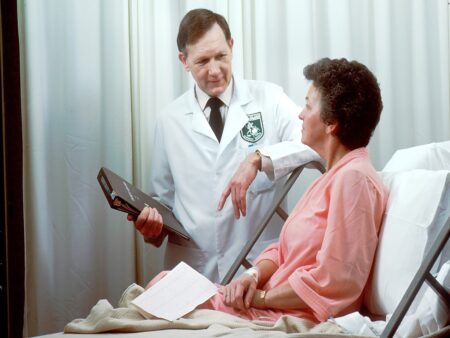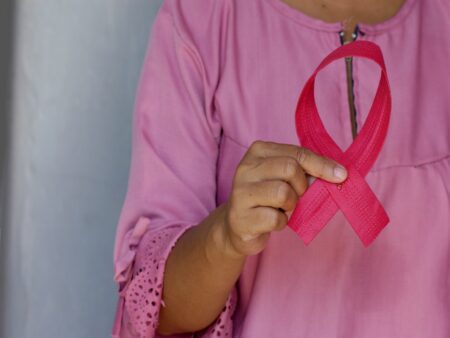Doctors aren’t actually sure of what causes migraine headaches, but they think imbalances in specific brain chemicals may play a major role.
The trigeminal nerve that runs your eyes and mouth helps you feel sensations in your face and it is a major pathway for pain. Your serotonin levels also may fall at the start of a migraine, causing this nerve to release neurotransmitters that travel to your brain and cause pain.
You May Be Likely to Be Susceptible to Migraines Because Of:
Your genes: If migraine headaches run in your family, you’re more likely to have them.
Your age: Migraines can hit at any point in your life, but you’re likely to get your first one when you’re a teen. They tend to peak in your 30s and become much less severe later in life.
Your gender: Unfortunately, women are about three times more likely to get migraines than men.
Migraine Triggers
Some triggers are:
Hormonal changes such as shifts in the estrogen can bring on migraines in women. Certain medications such as birth control pills or hormone replacement therapy can also trigger your headaches or make them worse. In contrast, some other women have reported fewer migraines when they take these medications.
Emotional stress is one of the most common migraine triggers, as when you’re stressed, your brain releases chemicals that trigger your fight or flight response. Anxiety, worry, or fear can create even more tension and make your severe migraine much worse.
Certain foods like salty, processed foods, and aged cheeses such as blue cheese are known triggers of migraines. Aspartame, which is an artificial sweetener, and the flavor enhancer monosodium glutamate (MSG) may cause them too.
Skipping a meal can cause your blood sugar levels to drop, triggering a migraine headache.
Certain forms of alcohol and caffeine can be triggers of migraine headaches, so you might want to skip your daily glass of wine if you’re prone to these headaches.
Sensory overload brought on by bright lights, loud sounds, and strong smells can also trigger these headaches in some people.
Changes in your sleep pattern, caused by insomnia or jet lag may bring on a migraine. Try getting a minimum of 8 hours of sleep daily.








